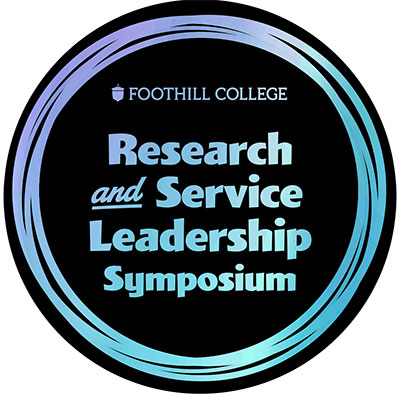
Research & Service Leadership Symposium
Preparing Your Application
Your Guide to a Great Proposal
- Focused Project Idea. In the project description (or proposal ), you want to express the goal of your project, your purpose, why you are interested in this project, your methods or strategies for completing the project, and why others should be interested. Keep your ideas focused by opening with a single sentence that offers your main research question, or that explains your main goal. This is also an opportunity to demonstrate that you've thought deeply about your project.
- Methodology & Strategy. The quality of projects so often hinges on the quality of the methodology or strategy used. Your research projects should utilize discipline-appropriate protocols and methods. For example, if you are conducting a sociological study, consider ethical practices, documentation, and inclusivity. For a project in chemistry, use the scientific method to hypothesize, conduct a repeatable experiment, define and evaluate your data. For service projects, consider the steps to achieve your goals, who will be served, and how you will measure and document the results of your activity. Art projects, while much more flexible, should be thoughtful about choice of material, design, strategy, and presentation. In each project consider how you will approach your project, and why.
- Clear Writing. In order to convey the subject of your project effectively, you must use clear, easy-to-follow writing. Take time to review your sentence structure, grammar, and punctuation. Also check that your main ideas and descriptions are clear to others. Have someone unfamiliar with your project read your proposal to see if they understand it easily. You can also visit the Tutoring Center* for help with editing and organizing your thoughts!
- Word Length. Convey your ideas in 100-200 words. This is equal to 1-2 concise paragraphs. Use word count in your document to craft your proposal. If you need assistance trimming or expanding your ideas, visit the Tutoring Center*
Additional Resources
Use the Learning Resource Center for support as you develop and draft your proposal:
*Visit the Tutoring Center. View the step-by-step video for how to sign in and get connected with tutors.
**Use the Foothill Library Guides for evaluating sources, the citation tools for your references, or contact a librarian directly: Ask a Librarian.
The Application Basics
Once you've prepared your proposal, review the application carefully, and gather the necessary resources before completing the form. Below are key considerations and tips for specific fields.
Will My Project Be Selected?
Selection Process & Notification
Upon submitting your application, you will receive notification that your work is in review. All applications will be reviewed by the selection committee following the submission deadline March 31st, 2025.
You will receive notification of acceptance by April 14, 2025. For more on the selection process, visit the Committee Review Selection Process
Aiming High: Awards & Recognition
Judges' Award
A cash prize of $100 will be awarded to each member of the 5 highest quality/most impactful projects. Winners will be selected based on the submitted application materials, the final project submission, and presentation.
Viewers' Choice Award
Additional awards will be decided by the viewers and attendees of the Symposium. The top 5 most highly rated presentations/projects will be recognized and awarded at the end of the event. Winners will be selected by audience members and participants through a live poll during the Symposium.
Presenter Recognition
All presenters will be recognized for their hard work and participation in the event in the following ways:
- Transcript note of RSLS participation
- Graduation cords (upon request)
- President's token of appreciation



